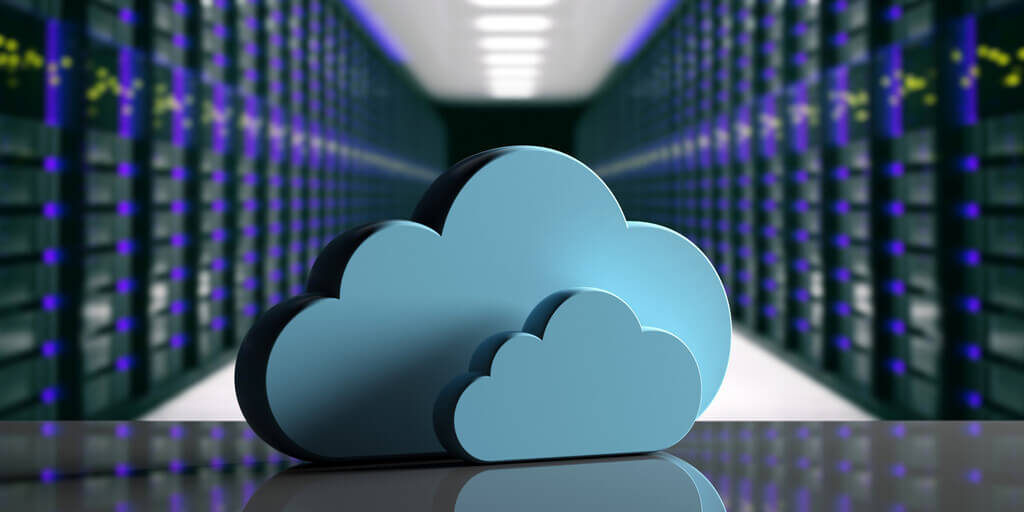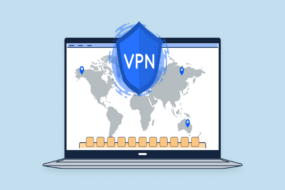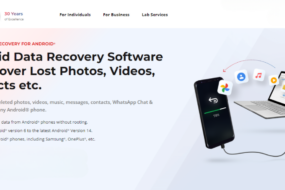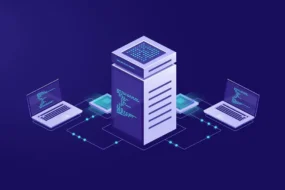Storing large amounts of data can be a considerable challenge, and ensuring it is safe and easily accessible is almost like an impossible dare. Archiving is the most effective and affordable solution for businesses to store all types and sizes of data. Regular archiving solutions have a lot of perks, but they also come with some significant cons.
This is why file archiving software is suggested for businesses that need to store overly vulnerable data. Here is a little explainer for those who don’t know what cloud archiving is. As evident from the name, cloud archiving is a practice and solution for storing data on the cloud. It serves the same purpose, just like other archiving solutions.
It stores the infrequently used data for a more extended period. This data is accessed at any time and is highly secure, guaranteeing compliance and maintaining customer confidentiality. If your business needs file archiving software, you need to know a couple of things before opting for them. Here, you will come to know about what is a cloud archive
1. Nominal Maintenance

Since physical and other storage solutions require much maintenance, cloud archiving fuels maintenance once in a blue moon; whether you opt for a third-party vendor for file archiving software or services or have an onboard team of experts, you won’t be spending time and resources to maintain this storage solution. The service center usually takes care of the maintenance; if your team has to do it sometimes, it takes minimal time.
2. It’s Expensive
Although almost every technology is getting a price hike with each passing day, data is one of many things that will always keep adding in numbers. The more demand for cloud archiving storage solutions grows, the pricier it will get. If you are a small business, this will be a considerable investment but worth every dime. Companies expand sooner or later, and your business will require a solid storage solution like cloud archiving.
3. Easy and Effective Deployment

The benefit of archiving all data to the cloud is that you don’t have to move your finances a lot. File archiving software is web-based – meaning you don’t have to buy extra hardware or software to opt for it. Also, you won’t be training or teaching your employees to configure the existing software or systems. A cloud archiving service provider representative will do any configurations; if required. Your staff just has to archive files and copy them to the cloud.
4. Avoid Uploading Sensitive or Personal Information
A great researcher once said, ‘whatever is connected to the internet is prone to a cybercrime.’ Hackers always find an open window even if your cloud archiving service provider gives you a 110% guarantee of cyberattacks and online threats. Therefore, companies should avoid storing sensitive data and personal information in the cloud. Instead, such information and data should be archived, multiple copies should be made, and they must be stored in multiple locations. Such information includes the company’s and client’s financial details, addresses, business activities, etc.
5. Go with a Service Provider That Features Encryption

The most known hackers in the world usually give up on encrypted data. Employees can mistakenly upload clients’ or businesses’ sensitive data or personal information; things can get messy if such data is leaked. The best file-archiving software includes encryption features that allow companies to keep their data in the safest layer. Such cloud-archiving environments also enable companies to keep data safe from unintentional mishaps. It is advised to give a good read to the policies, terms, and conditions of the cloud archiving service providing company.
6. Cloud Archiving Is Not Cloud Backup
Many people treat cloud archiving solutions as cloud backup, which can be dangerous, especially for progressing companies. Cloud backup automatically backs up whatever data you dump in it, but the same thing does not happen to data archived data on the cloud.
The cloud backup solution is synced with your system, and whatever data is produced is uploaded instantly to the cloud. Whereas employees have to archive their data and then upload it to the cloud. Though both have the purpose of storing, the differences make them poles apart.
7. Best Option for Remote Teams

The peak era of COVID-19 showed there is no need to go to offices when you can work from home with the same productivity. Working in a remote environment means continuous and a lot of sharing of files via email – this can lead to disorganization and a muddled inbox. Opting for file archiving software allows employees to not only share and access files but also keep them safe from themselves. Managers don’t need to give a heads-up to the employees when sharing a file and vice versa, resulting in a streamlined workflow.
8. Centralized Source of Data Leads to Compliance
Every member of the company has some kind of data in their system, and they require different kinds of records at all times. Finding specific records from hundreds can not only kill time, but it affects compliance standards as well. File archiving software provides a centralized source of data making it easy for every employee to benefit from enhanced searchability and fast access. Cloud archiving solutions build strong complaint merits, resulting in increased ROI.
Wrapping Up
Archiving is a sort of additional backup for the company’s entire data, and the cloud makes it securer and safer. Cloud archiving is best for small and medium-sized enterprises that need to meet compliance requirements ASAP. This benefits companies by getting unlimited storage options – even if this solution is pricier, the cut cost on hardware and software levels the expense.
The good news is that file archiving software comes with all benefits and with affordable prices. Other than affordability, you can find a highly scalable solution that provides the fastest accessibility. You can get the best long-term cloud-based archiving storage solutions that save resources, time, and cost. Opt for a file archiving solution that optimizes and automates your business’ storage footprint in every way.
Explore Further:










